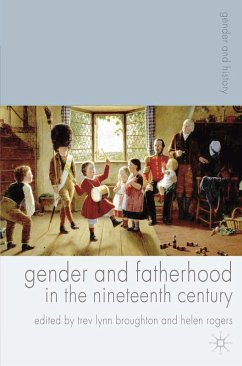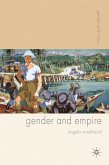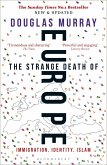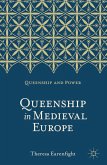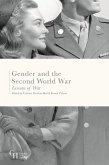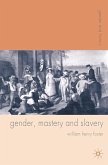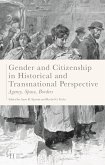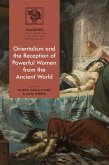Despite current debate over the paternal role, fatherhood is a relatively new area of investigation in literary, historical and cultural studies. The contributors to this illustrated, interdisciplinary volume - one of the first extended investigations of paternity in 19th century Britain and its empire - penetrate the stereotype of the Victorian paterfamilias to uncover intimate and involved, authoritarian and austere fathers. Finding surprising precursors of the 'new man' and the 'lone father', Trev Lynn Broughton and Helen Rogers provide an essential overview of changing ideologies and practices of fatherhood as the family acquired its distinctively modern form.
Gender and Fatherhood in the Nineteenth Century:
- Offers nuanced re-readings of artistic and literary representations of domesticity, investigations of fathering at home and at work, and of legal, political and religious discourses, suggesting that fatherhood generated more anxiety and debate than previously acknowledged.
- Explores how traditional conceptions of paternal authority worked to accommodate the 'cult of motherhood'.
- Examines how paternal power was embedded in social institutions.
- Shows how models of social fatherhood provided powerful men with a means of negotiating their relationship with working-class men and colonized subjects.
As these innovative essays demonstrate, the history of fatherhood can illuminate our understanding of class, society and empire as well as of gender and the family. Together they form an indispensable resource for anyone studying Victorian fatherhood as part of a history, literature, art, social or cultural studies course.
Gender and Fatherhood in the Nineteenth Century:
- Offers nuanced re-readings of artistic and literary representations of domesticity, investigations of fathering at home and at work, and of legal, political and religious discourses, suggesting that fatherhood generated more anxiety and debate than previously acknowledged.
- Explores how traditional conceptions of paternal authority worked to accommodate the 'cult of motherhood'.
- Examines how paternal power was embedded in social institutions.
- Shows how models of social fatherhood provided powerful men with a means of negotiating their relationship with working-class men and colonized subjects.
As these innovative essays demonstrate, the history of fatherhood can illuminate our understanding of class, society and empire as well as of gender and the family. Together they form an indispensable resource for anyone studying Victorian fatherhood as part of a history, literature, art, social or cultural studies course.

